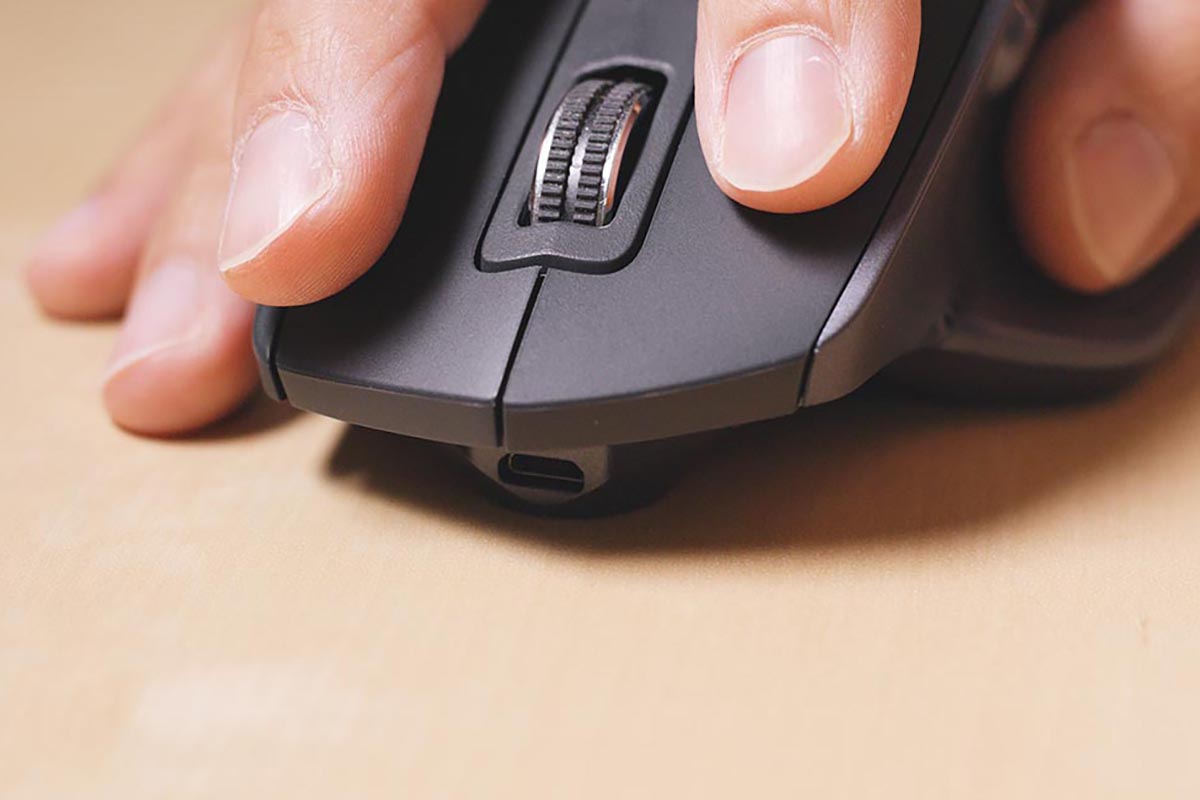Click-through rates are a metric that many people in the advertising world use t...
What is SEO? A Starting Point for Learning How to Optimize Your Content

SEO is a crucial part of digital communication.
It can help (or hurt) those who find and read the content you put on your website.
It is a dynamic field with many technical terms, but here is a simple explanation to get you started.
What is SEO?
SEO stands for Search Engine Optimization.
It is the process of implementing techniques on your website so that your content ranks higher in search engine results.
SEMRush says SEO is the “art and science of persuading search engines, such as Google, Bing, and Yahoo, to recommend your content to their users as the best solution to their problem.”
There is a significant emphasis on Google because over 70% of online search results come from the Google Search Engine.
SEO techniques aim to increase the quantity and quality of traffic coming to your website via organic search engine results rather than paid search engine results.

How Does it Work?
When you enter a series of terms into a search engine bar, that search engine’s algorithm takes over and provides a prioritized list of results based on what the algorithm thinks is most valuable to you.
The results at the top of the page are the most valuable for companies and marketers because 75% of users never scroll past the first page of the search results.
Search engines constantly change their algorithms, so SEO techniques are also changing to try to make content more effective for search engines to crawl through and index website pages.
So, if you optimize your content, you can achieve a higher ranking on search engine results without paying for the advertising space.
How Do I Optimize My Content?
Even though the search algorithms frequently change, there are some best practices that most SEO experts consistently stick with:
Keywords
These are the words used when a user enters a query into the search engine, and they also describe the content on your page or post.
It is the link between what the user is looking for and the content on your page.
If you use overly generic keywords, your page will likely be lost in the massive amount of content on that topic. If your keywords are too specific, you may miss out on those who don't use that overly specific text.
Content
Make your content original and unique.
The word length should probably be between 500 and 3000, with the optimum length being 2300.
Provide new content to keep your site “fresh” because search engines like to look/crawl for new, valuable content.
HTML
HTML tags are used to organize content for readers and search engines.
Your keyword should be included in the title of the page or the Title Tag.
You should add a Meta Tag description for each page. This is the snippet of text that appears underneath the title on a search engine result.
The content on your page should be organized using Header Tags that range from H1 to H6, with H1 being the most crucial heading tag and H6 being the least.
Your images should have an Alt Tag, or Alternative Text, so that the search engine can understand what’s in them.
Links
Link building helps because it tells the search engines that your site is a quality resource worthy of citation.
The more inbound links you have, the more authority your page is considered to have in the eyes of the algorithm.
Links can come from inside your website, but the most important and valuable are backlinks or those from another domain.
What Are Some Good Resources?
There is an abundance of resources that can help you learn more about SEO.
It can be confusing, and because it’s an ever-changing field, you may encounter outdated content.
The most important thing is to find a resource that has been updated recently and is written in a manner that works for you.
Here are a few beginner guides that work for me, so maybe they’ll work for you, too.
Moz’s Beginner’s Guide to SEO.
Subscribe to
the Newsletter
Posts, resources, and timely information delivered to your inbox.
Related Posts
Join over 25,000 in beating the failure of strategies by following our blog.
Content creation is a crucial part of any business's marketing strategy.
7 minute read
AI (Artificial Intelligence) has revolutionized how businesses market their prod...
5 minute read
Email A/B testing is a powerful tool to optimize emails sent in your email marke...
.png?width=738&height=210&name=InboundCopilot_Header_Logo(738x210).png)

.jpg?height=60&name=IE%20Logo%20White%20(500x500).jpg)








.jpg)



Comments